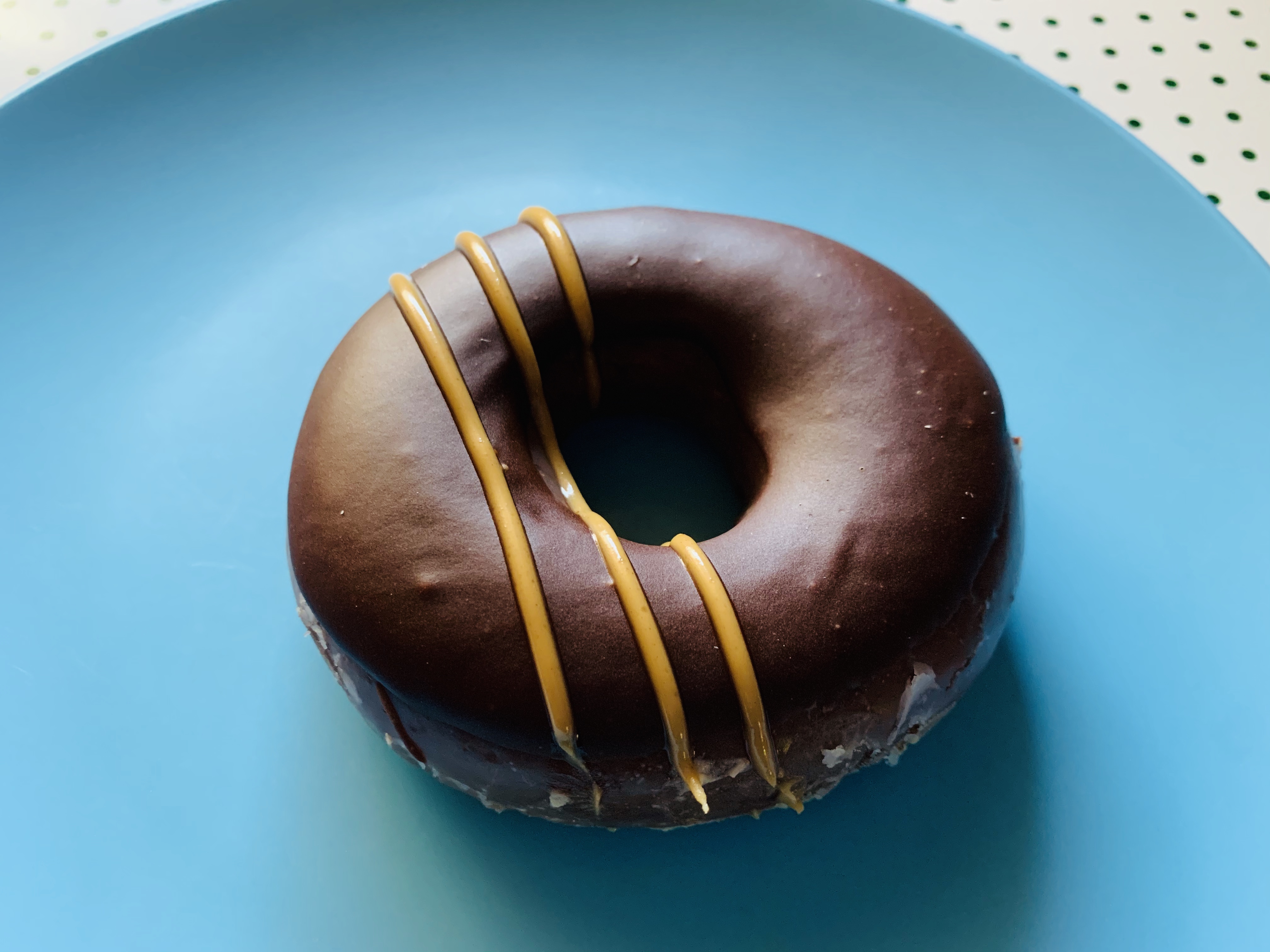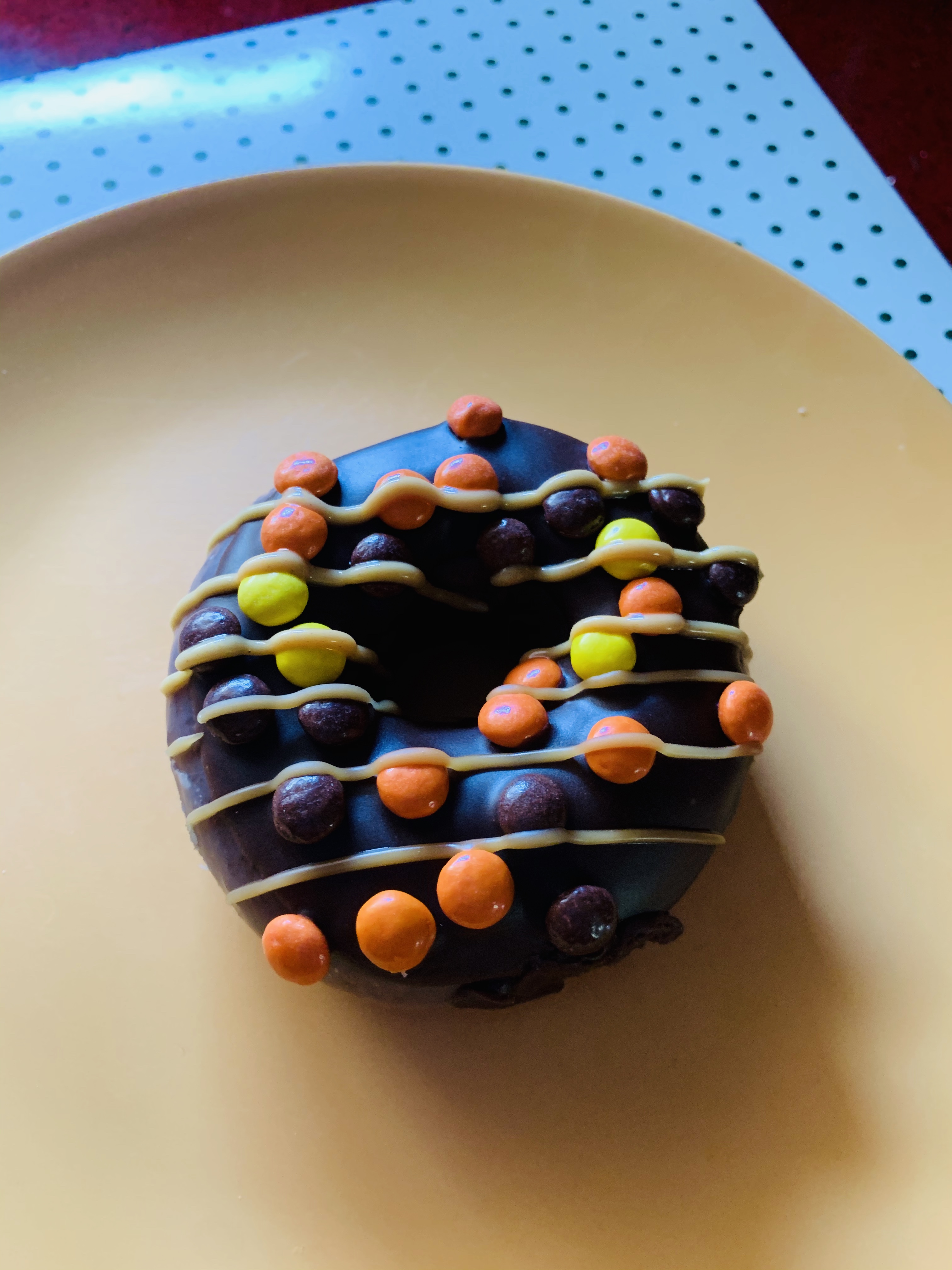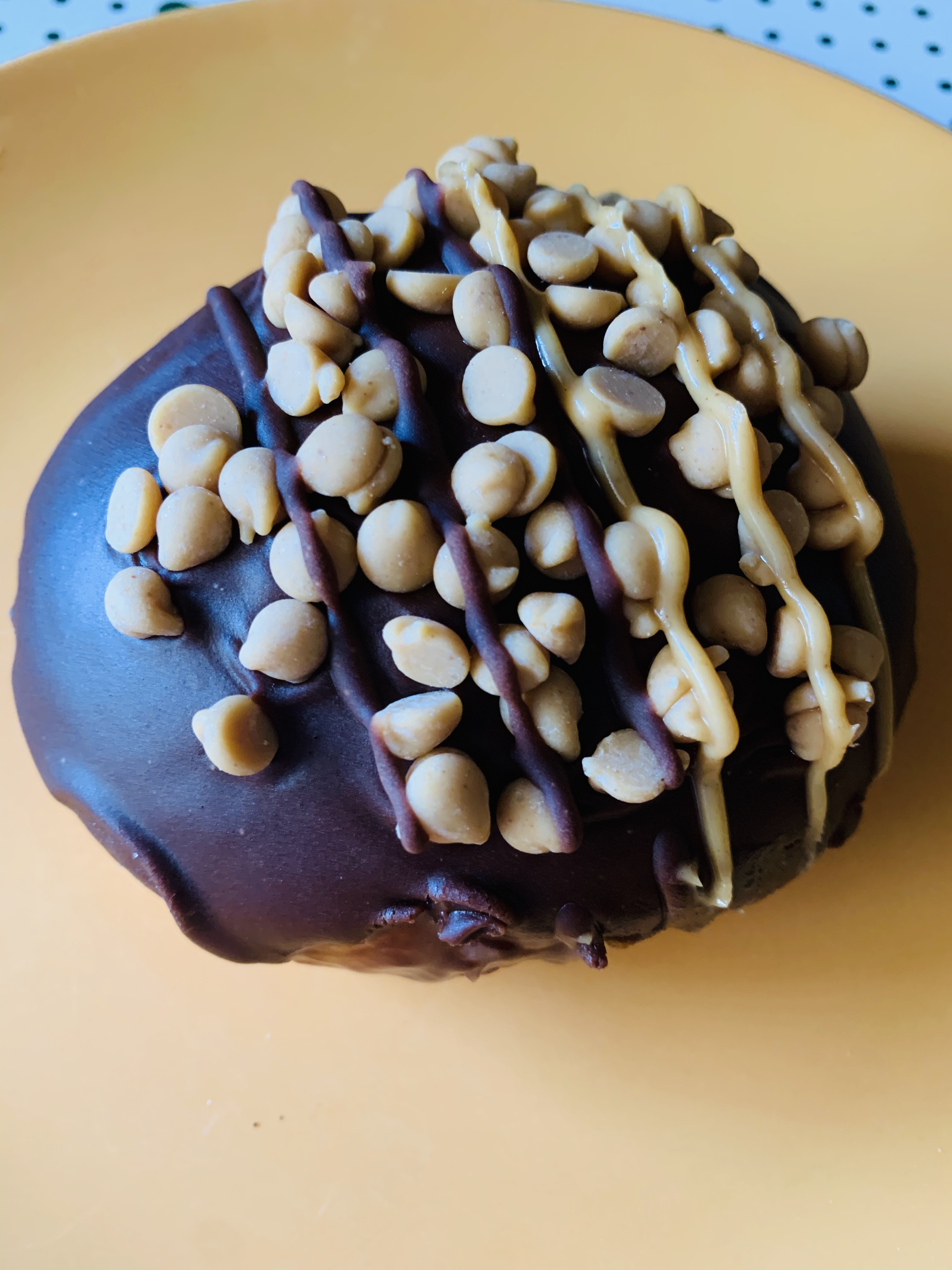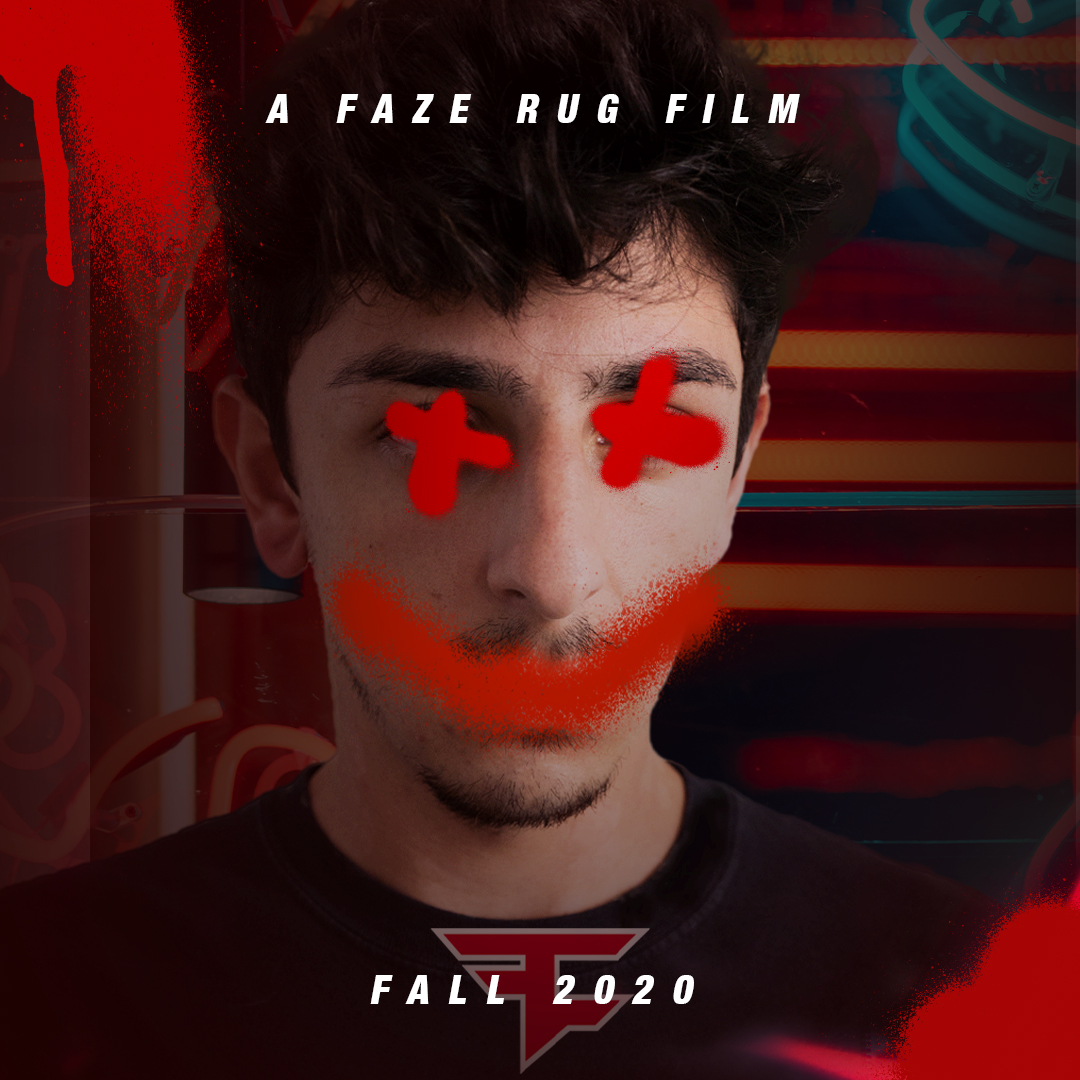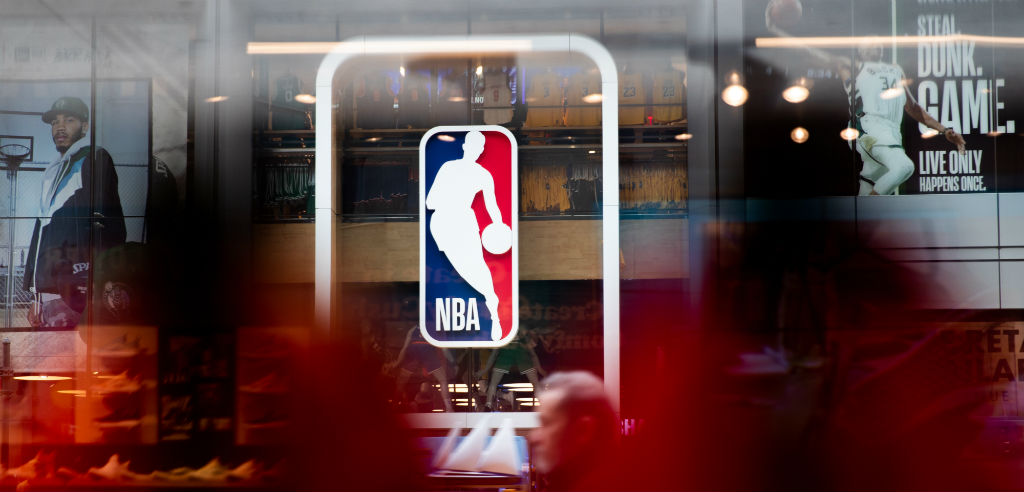One of my favorite Old Black Man sayings is when they reply to a simple “how are you?” query with the oddly clever, insanely funny, “Man, same soup, just reheated.” There are variations on this: Sometimes it’s the same soup in a different bowl, but it’s nearly always enjoyable to hear the various ways in which they’ll remix this catchphrase to essentially say, “Ain’t sh*t changed but the weather.”
Unfortunately, I feel I’m starting to relate to this point of view way too much when it comes to what is rapidly becoming Black America’s other favorite pastime: Picking on Black women for their missteps instead of dealing with all their own emotional baggage. Just about two months ago, we were sorting through the fallout of J. Cole’s “Snow On The Bluff” and how it related to its presumed target, Noname. Now, just as it seemed the dust had settled on that particular kerfuffle, J. Cole’s idol Nas has come through with his own buzzy comeback single “Ultra Black,” this time openly naming Doja Cat as the subject of a finger-wagging line tsk-ing the “Say So” singer for her relationship to her Blackness. Same soup… You get it.
Here’s the line in question: “We goin’ ultra Black, unapologetically Black / The opposite of Doja Cat, Michael Blackson Black.” That sound you just heard was the heavy sigh of thousands of Black women tired of having to justify their every move to the sort of men who call them “queen” all day but have much higher standards for women’s behavior than their own. A quick search of Doja Cat’s name on Twitter — which is currently trending, by the way — reveals two things: A mass of women exhausted that we have to have this discussion again and a whole lot of men kee-kee-ing it up at Nas’ line and the way they think it puts Doja Cat in her place after her recent chat room controversies.
So to rehash that particular fiasco, a few months ago, Doja Cat was caught up in a Twitter-bred scandal after being accused of participating in alt-right and incel chat rooms on Tinychat. Shortly after, a five-year-old song of hers titled “Dindu Nuffin” resurfaced in which Doja grapples with her conflicting feelings about her mixed ethnicity (her father is Black South African, her mother — with whom she grew up — is a white American). Due to the song’s title — a slur referring to white people’s mocking imitation of Black accents and our unfortunate history with the police — many assumed that the song was a confirmation that Doja was a self-hating Black person, rather than someone who had to come to grips with the complicated politics of our extremely racist society.
About that chat room: Not one shred of physical evidence was ever presented that it really was what Twitter commenters presented it to be. Not one. I know. I’ve been looking since then, because that’s how journalism works, people. Sources. Evidence. Facts. These things matter. That’s not how Twitter really works though. Remember playing telephone when you were little? You could start with as simple a message as “the sky is blue” and by the time it got to the other end of the line, filtering through 20 or so kids and being misheard, garbled, or outright trolled by the most mischievous of the bunch, it could be about how “ducks taste better than chickens.” Twitter takes one random person’s assertions and repeats them until they become accepted as facts. Also it’s pretty likely that the rumor was just started because horny teen boys were mad at Doja for not showing them her boobs when “Say So” hit No.1.
While it’s true that the few clips of the chat circulating online do contain some participants asking rather off-color questions, there’s no evidence that the speaker was a regular visitor, that Doja knew him, or that she was even really responding to him. She’s admitted before to having an offbeat sense of humor — something very few men are scolded for, by the way — and she apologized for the misunderstanding, her misconstrued song’s title, and her previous offensive comments made when she was a weird teen trying too hard to be edgy. Again, this is a thing anyone who’s ever played an hour of X-Box has encountered, yet when it’s boys making these jokes and comments, the overwhelming response is a collective shrug because “that’s just the way things are.”
Now, back to Nas’ assertion that somehow Blackness equals never questioning yourself or bearing an unshakeable pride in your identity. That’s patently ridiculous. While social media has led to increased access to pro-Black resources and stories, it’s also revealed just how many young Black people struggle with their identities growing up — just like anyone, really, only with the added awareness that a lot of people view you as second-class or even subhuman because of how you look. Black nerds share their recollections of being “the only one,” Black women admit that they never felt pretty because they didn’t see themselves reflected in media as beautiful, and young Black men remember feeling forced to perform a stoic appearance of manhood that they fear will only get them killed because they’ve seen it happen so damn often.
The issue with Nas’ jab at Doja Cat to score cheap woke points for himself is that we’ve been watching elder statesmen of rap doing this for far too long. Jermaine Dupri complained of “stripper rap“‘s dominance in the mainstream, a sentiment echoed by CeeLo Green just this week after Cardi B’s “WAP” landed like a bomb on the discourse. Jermaine Cole tone-polices Noname, and other pioneers of the so-called “conscious rap” movement are posting anti-Semitic memes, and generally making a nuisance of themselves online, yet none of them holds each other accountable, choosing instead to tut-tut at young Black women for not being demure enough, not dressing the right way, not rapping around the right things, or maybe not making their points as well as they could and rushing their research.
The irony here is that when Black women do preach progressive politics not just in their rhymes but on their social platforms, they either get ignored or tone-policed. I guess we want the poetry without the polemic. But while men — especially fellow rappers — pit Chika, Noname, and Rapsody against Cardi B, Megan Thee Stallion, and Nicki Minaj, who has tugged on Kanye’s elbow to let him know he’s wilding out? Aside from J. Cole, who commented on Nas’ alleged abuse of Kelis as we all await his next album with bated breath despite his rather iffy track record with full-length projects? Which of CeeLo’s peers pointed out his introductory solo hit was called “Closet Freak” — and that he was accused of drugging young women in order to have sex with them?
Rap’s problem with misogyny runs as deep as the well of clever idioms Black culture has drawn from for the last century — a well that fills rap’s reservoirs with clever catchphrases and polished punchlines. But when those punchlines punch down, at some of the most vulnerable members of our society, at people we are avowedly committed to protecting and promoting but who we’re disparaging in practice, it taints the power of the poetry that we should be using to thrive. Cardi B, Doja Cat, Noname, and rap’s staunch female fans deserve better. Meanwhile, if the architects and artisans of this craft truly want to live up to the woke images they insist on projecting, they need to stop serving the same soup over and over again — it’s no longer nourishing the culture. Truthfully, it never really did.
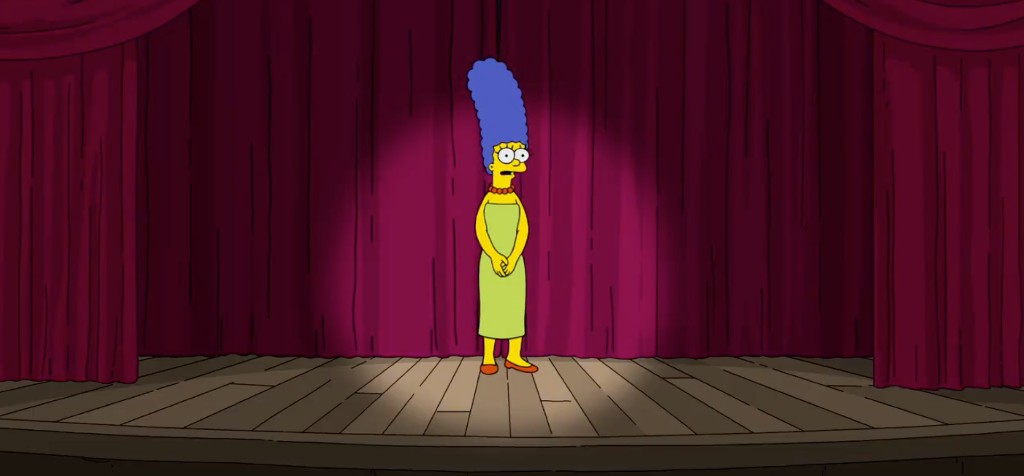


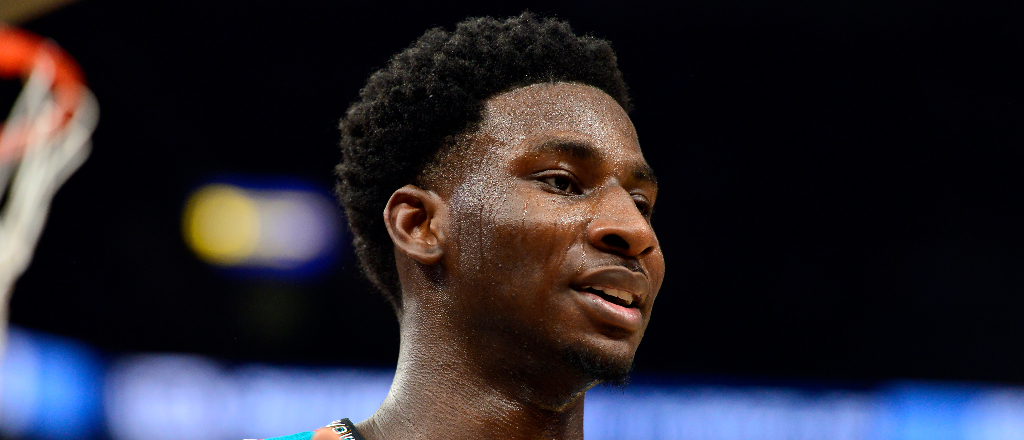

 )
)  keep the same energy period
keep the same energy period  (@CaliBougie_ass)
(@CaliBougie_ass) 
